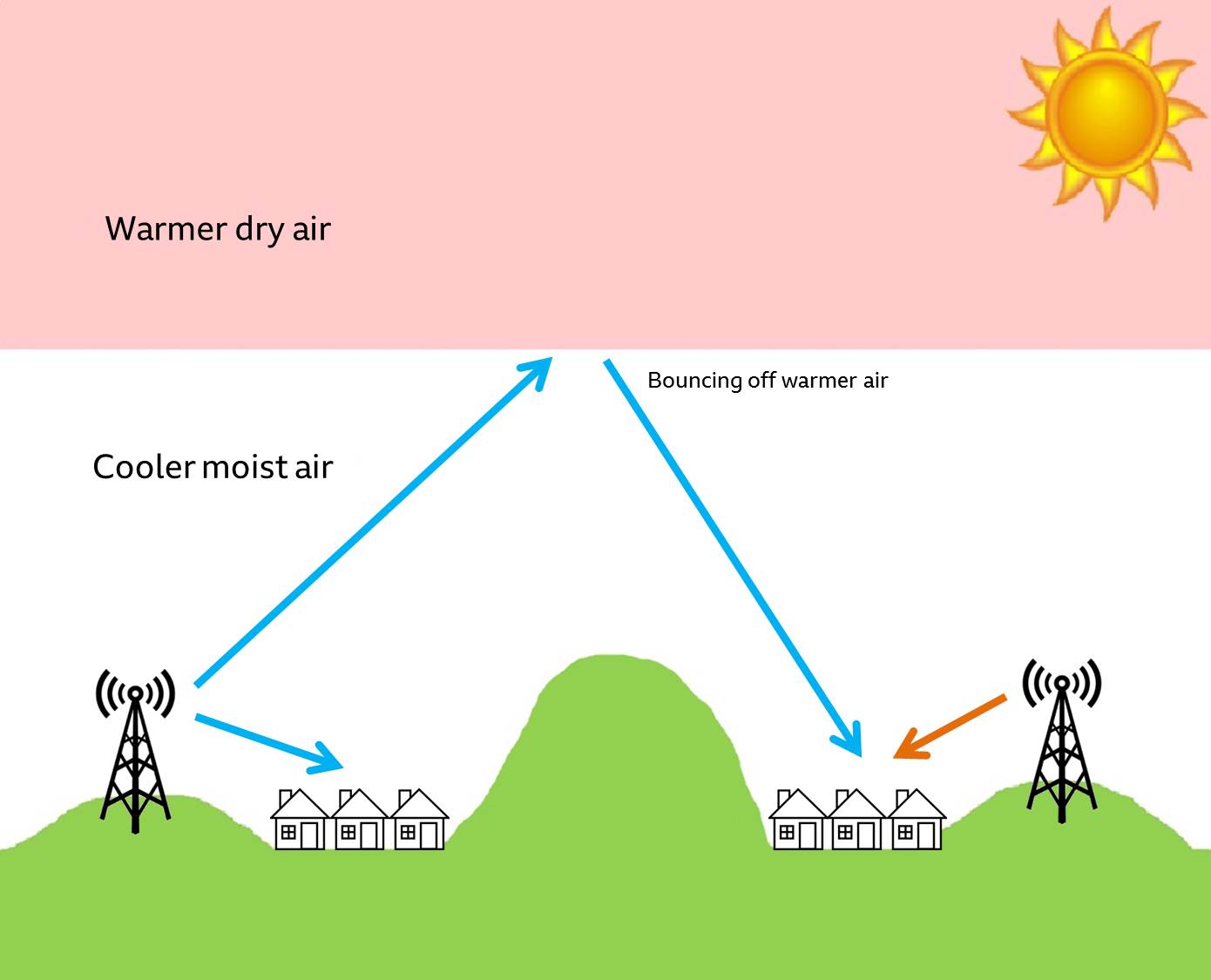Interference to Freeview can be difficult to diagnose. It tends to have the same effect on pictures and sound as general reception problems, such as faulty installations, weak signals or the weather.
Most cases of interference are caused by electrical devices inside or nearby your home. They usually occur with a pattern and a definite start and end time, once or several times a day. They normally affect all channels across multiplexes as well as other domestic devices, such as radios.
Try our Problem Assistant to help you rule out common problems and decide if it’s reception or interference.
What you can do:
Troubleshooting Interference
There are a number of things you can do to check for interference:
- Look for a pattern. Is it happening every day? Does it come and go at specific times?
- When the problem occurs check channels from all multiplexes
- If you have several televisions fed from the same aerial, check if the problem occurs on all TVs at the same time
- Interference from a device within a home or close by can affect Radios too, so if you have a battery operated portable radio, switch it on when you notice the problem
- If you find a regular pattern and it is occurring to all channels and to your radio, there might be a source of interference nearby or within your own home.
- Ask neighbours if they are experiencing similar problems. It could be a source of interference in their home rather than yours.
Find the source of the interference
You can use a portable radio to help identify interference to your Freeview television. Firstly tune into one of the radio bands between radio stations to hear if there are any unusual sounds. See our guide on FM radio interference and AM radio interference for help in identifying a source of interference.
More Help
If you rule out basic reception problems and believe there is a nearby source of interference, you can contact us either by phone or via the form at the end of the Problem Assistant tool.
We cannot investigate everything so it’s best to check the scope of our service first.

